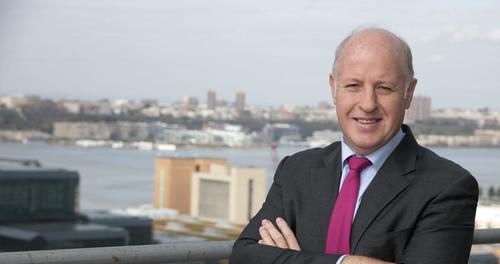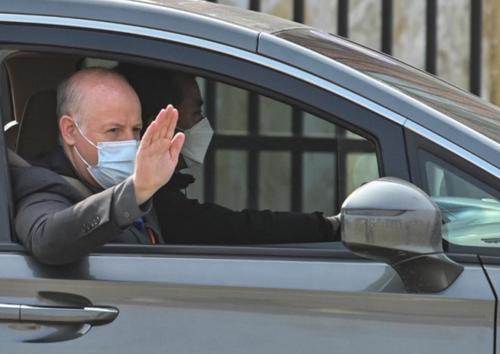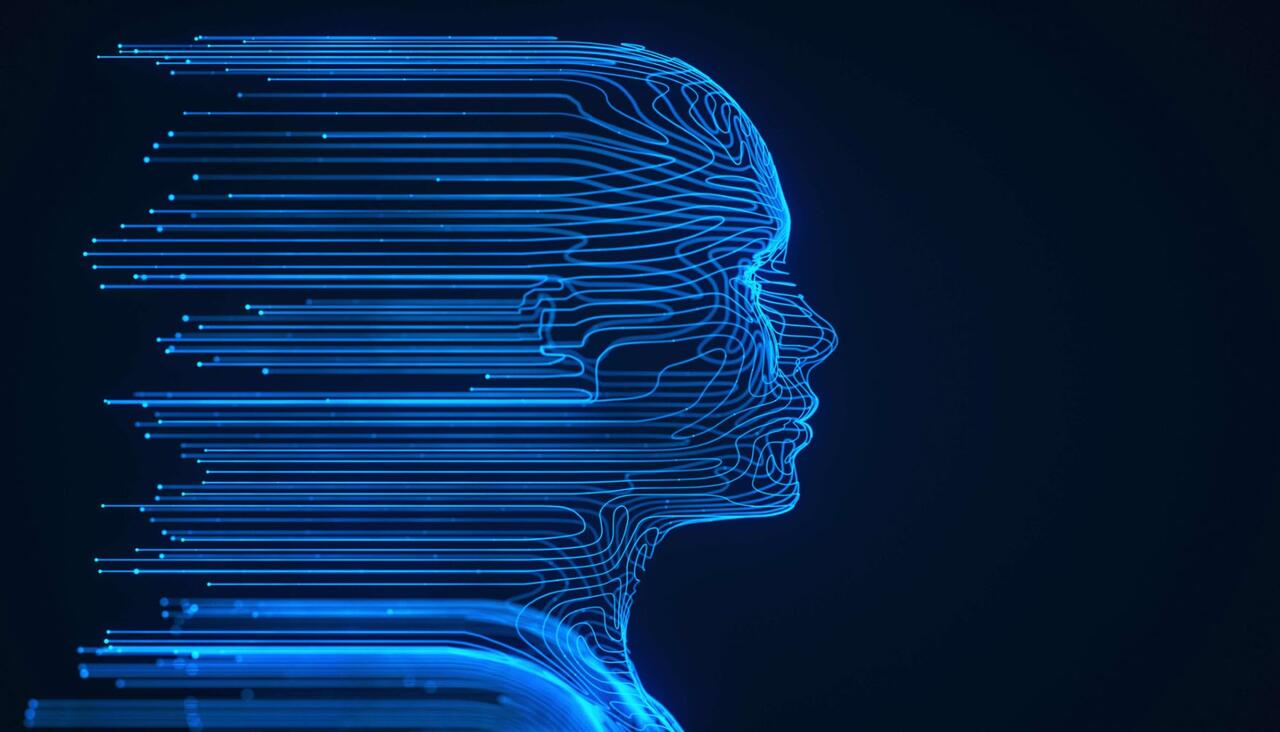If only we still had "news" in 2021!
The WHO mission changed nothing. No new data was provided by China. The more the country obfuscate, the more circumstantial evidence it gives that the Wuhan Lab WAS the source of the outbreak.
In Major U-Turn, WHO Says Wuhan Lab-Leak Hypothesis Still A
Possibility (Zero hedge)
Two days after the WHO team of investigators was marched through the Wuhan Institute of Virology, its members declared that any 'conspiracies' about the origins of COVID-19 were simply untrue - confidently exclaiming that it was "extremely unlikely" the pandemic came from a lab leak.
Once the team returned to Geneva, however, WHO Director-General Tedros Ghebreyesus did a "screeching U-turn to the lab leak theory" - admitting on Thursday that all theories behind the origin of COVID-19 warranted further investigation.
"Some questions have been raised as to whether some hypotheses have been discarded. I want to clarify that all hypotheses remain open and require further study," Dr. Tedros said Thursday, in a moment of self-awareness over the optics of their 'open-and-shut' investigation.
One of the scientists on the trip was Peter Daszak - whose giant conflict of interest wasn't a problem for the WHO. Daszak worked directly with WIV researcher Shi Zhengli ('Batwoman'), who created chimeric coronaviruses via 'gain-of-function' research to make them more transmissible to humans.

Daszak is the president of the nonprofit group EcoHealth Alliance, which funneled nearly $600,000 from a U.S. taxpayer-funded grant to the Wuhan Institute of Virology between 2014 and 2019 as part of a research project studying coronaviruses from Chinese bats, according to The Wall Street Journal.
And now, he's doing damage control as the lab leak hypothesis continues to gain momentum. Here he is suggesting that 'US intel' was 'increasingly disengaged under Trump & frankly wrong on many aspects.'
Of note, Daszak drafted a February, 2020 statement in The Lancet on behalf of 27 prominent public health scientists which condemned "conspiracy theories suggesting that COVID-19 does not have a natural origin."
He's also opined on how easy it was to manipulate bat-based coronaviruses in labs during a podcast interview just weeks before the first known cases of COVID-19 were reported in Wuhan. Proponents of such experiments, also known as gain of function research, say they're a useful tool in creating treatments for future outbreaks, but some virologists say the technique is too risky, because it poses the risk of introducing new viruses into the human population.
Curiously (or not) absent from Daszak's investigative process is the fact that deadly viruses have a history of escaping from Chinese laboratories, including, notably, the first SARS virus escaped twice from the Chinese Institute of Virology in Beijing in 2004.
And now, if only to avoid an optics nightmare, the WHO has gone against Daszak's confident proclamations that the lab-leak hypothesis is impossible, and is instead leaving the door open - perhaps in order to officially shut it down the road when things have cooled down.
And here's what really happened:
China "Refuses" To Hand Over Raw Data On Early COVID Cases To WHO Team (Zero hedge)
It came as no surprise that China disingenuously seized on this month's World Health Organization (WHO) trip to try and claim the COVID-19 pandemic actually started abroad, while at the same time a number of global headlines essentially echoed "nothing to see here" - particularly on widespread suspicions the virus originated in a Wuhan military lab.
But now fresh Wall Street Journal reporting strongly suggests this first ever and much-hyped WHO trip to 'get to the bottom' of the virus' origins likely didn't even scratch the surface in terms of a real investigation (did anyone really expect it to?... also coming a full year+ after the fact). In particular the team of scientists and researchers was reportedly blocked by Chinese authorities from accessing crucial data on 174 of the country's earliest cases.
Citing WHO investigators supposedly caught in the middle of what they described as "heated exchanges" over the lack of transparency, Chinese authorities "refused" to provide the team with the necessary "raw, personalized data on early Covid-19 cases that could help them determine how and when the coronavirus first began to spread in China..."



No comments:
Post a Comment